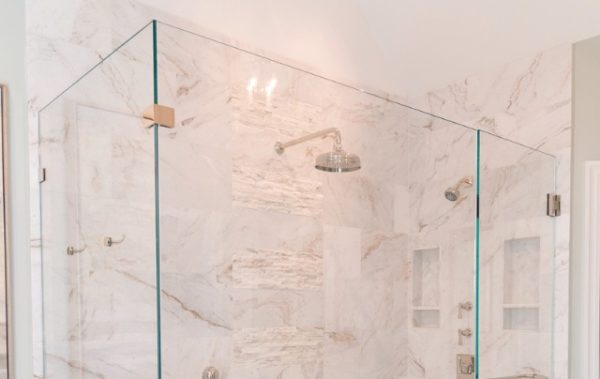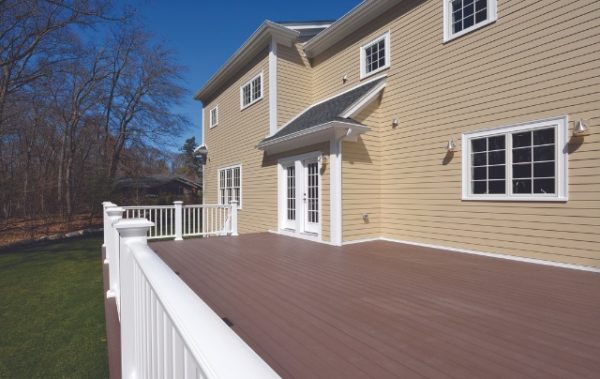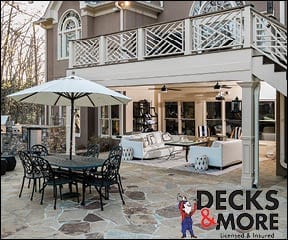Debunking wood countertop myths

Wood countertops look beautiful, but oh, the upkeep! They scratch. They stain. They aren’t water resistant. Many people still hold these perceptions to be true and have passed them down from generation to generation. If that’s your perception of butcher block wood countertops, think again. Today’s wood countertops and islands are so well made that the maintenance is minimal. Check out the following myths to distinguish fact from fiction.
Myth: Wood countertops are prone to scratching.
Truth: No more so than any other countertop. Scratching has to do with the wood finish. Most people scratch their wood countertops when they drag the bottom of an unfinished ceramic flower vase or bottle along the top. Dragging unfinished ceramic or glass surfaces on a countertop will not only scratch wood, but will scratch granite, slate, limestone and solid-surface countertops. If you’re still worried about scratching, consider a butcher block countertop or island of distressed wood.
Myth: Wood countertops stain.
Truth: Well-made wood countertops use a penetrating Tung oil finish that was originally used to seal ocean-going ships. Because it penetrates into the wood, moisture can’t get underneath. Wipe up stains or water just as you would on any other surface.
Myth: Wood countertops require a lot of maintenance.
Truth: Occasionally, you’ll want to re-oil your countertop with a sealer recommended by the manufacturer to keep it looking its best. This is the same maintenance that is recommended for granite and other natural stone, which requires re-sealing on a regular basis.
Myth: Wood isn’t heat resistant.
Truth: Wood is very heat resistant. In fact, engineered stone is much less heat resistant than wood. Solid-surface countertops are not heat resistant at all, and manufacturers warn against setting anything hot on the surface, as it will melt. Still worried about wood? Specify set-down rods that are installed in the countertop or island near your stove to set hot pots or pans on without worry.
Myth: Wood isn’t resistant to bacteria.
Truth: Any surface, whether it is wood, glass or porous granite, can retain bacteria. The real issue is whether homeowners disinfect their tops. No matter what surface you have, if you don’t disinfect it, bacteria will grow on it.
A brief history of wood countertops
Historically, wood has been the favored countertop material in kitchens (and still is in Europe) because of one simple fact: its durability. In the 1800s, wood countertops were the granite of the day and remained supreme until shortly after World War II when laminate, otherwise known as Formica, and ceramic tile became two other options for kitchen countertops.
In those days, kitchens were in the back of the home where guests rarely ventured. Homeowners entertained in the formal living and dining rooms. So it didn’t matter that their butcher block was an unfinished, raw wood. If coffee spilled on it, it would stain. If water from the sink splashed on it and saturated the wood, it would mildew and eventually turn black.
That’s not the case today, however, as butcher block wood islands and countertops are sealed to prevent these problems.
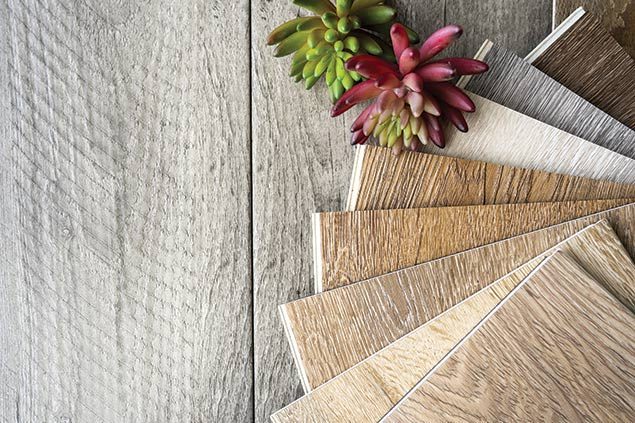
What you need to know about waterproof luxury vinyl floors
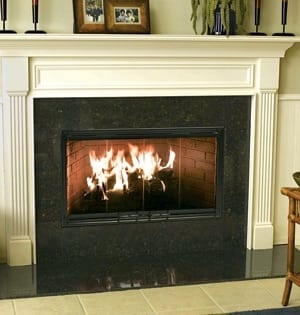
Fireplace and Chimney Maintenance

19 Wow-Worthy Kitchen & Bath Upgrades
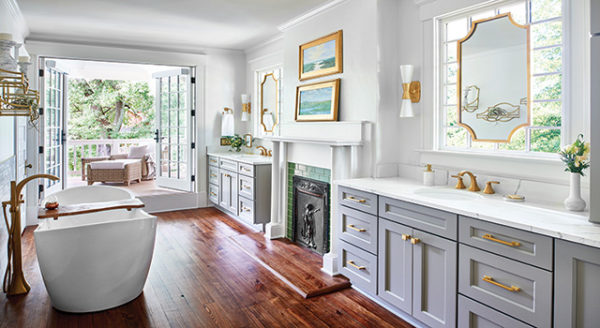
Award-Winning Kitchens, Baths, Interior Design and More
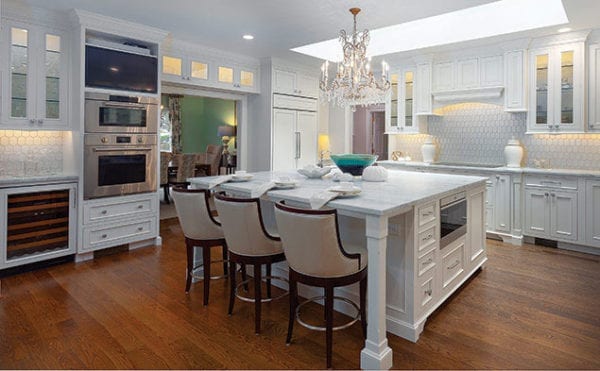
Atlanta’s NKBA Designs of Distinction 2019 Winners

100 Things to Know Before You Remodel
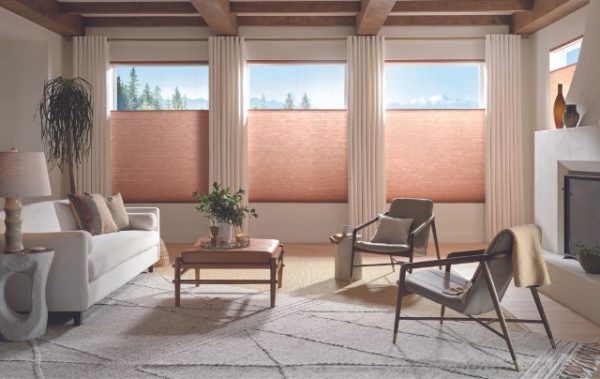
What’s the simplest way to upgrade your window treatments?
